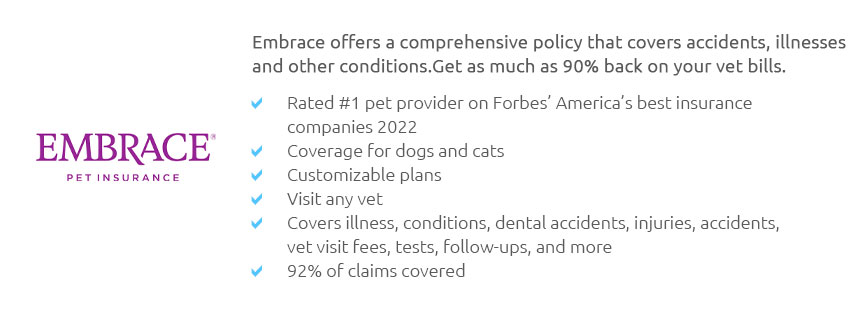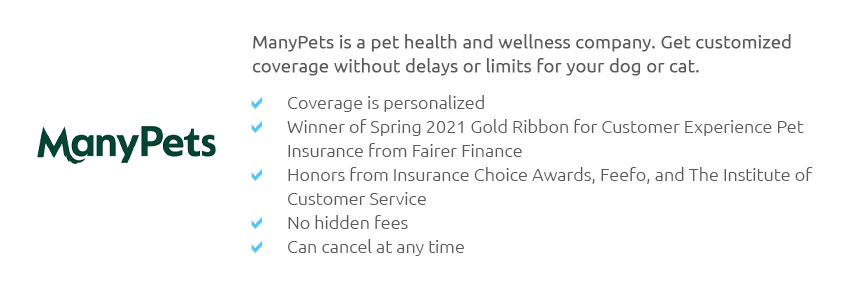 |
 |
 |
 |
 |
 |
|
 |
|
 |
|
 |
|
 |
|
 |
 |
 |
 |
 |
 |
 |
 |
Choosing the Right Pet Insurance: A Comprehensive GuideWhen it comes to ensuring the well-being of your beloved furry companions, selecting the appropriate pet insurance can often seem like a daunting task. It's not just about finding a plan that fits within your budget but also about understanding the intricacies involved in various policies. Pet insurance, like any other form of insurance, is a means to safeguard against unforeseen expenses. But, how do you navigate the myriad options available to find the best fit for you and your pet? To begin with, it is essential to identify your pet's specific needs. Different pets have different requirements, and what works for a dog may not necessarily be suitable for a cat or a bird. Age, breed, and pre-existing conditions play crucial roles in determining the type of coverage you should consider. For instance, certain breeds are more susceptible to specific health issues, which might require more comprehensive coverage.
Once you have thoroughly evaluated your options, make a decision based on both logical analysis and a touch of intuition. It’s about finding the right balance between cost and coverage that aligns with your financial situation and your pet's health needs. Consulting with your veterinarian can also provide valuable insights, as they can offer recommendations based on your pet’s medical history. In conclusion, choosing the right pet insurance requires a blend of research, reflection, and understanding. While it may seem like an overwhelming process, taking the time to make an informed decision will ultimately provide peace of mind, knowing that your cherished companion is protected. After all, the love and companionship our pets offer us is priceless, and ensuring their health and well-being is the least we can do in return. https://www.carecredit.com/well-u/pet-care/how-to-choose-pet-insurance/
Here's what you need to know about choosing pet health insurance so you can get the best health coverage for your dog or cat. https://www.furkin.com/blog/questions-pet-insurance
Everything You Need to Know About Pet Insurance - 1. What does the insurance policy cover? - 2. Are there any breed-specific exclusions or ... https://www.trupanion.com/pet-blog/article/questions-to-ask-before-buying-pet-insurance
Medical insurance for pets is typically more comprehensive than wellness coverage and covers surprise illnesses and injuries. Because it is ...
|